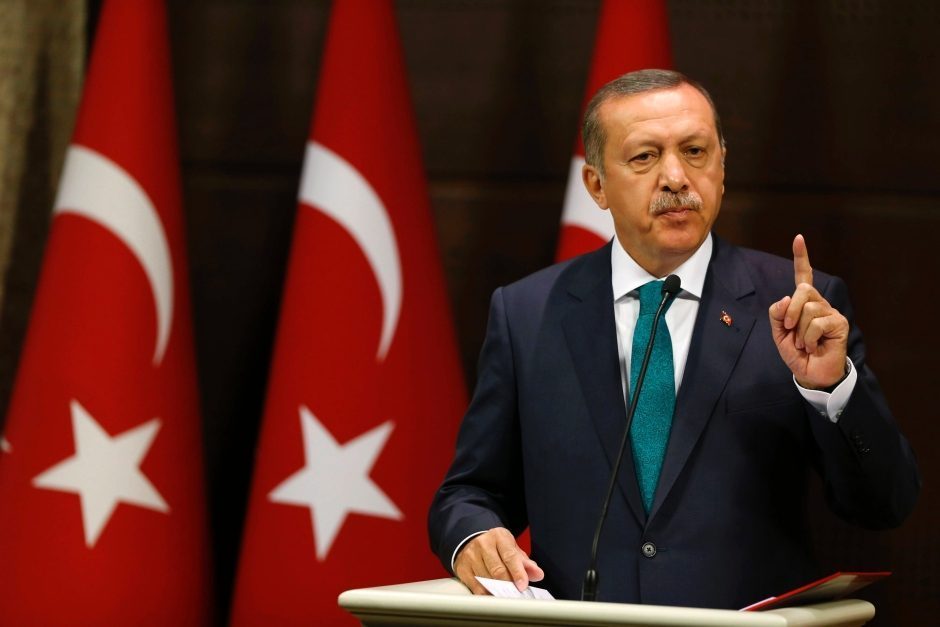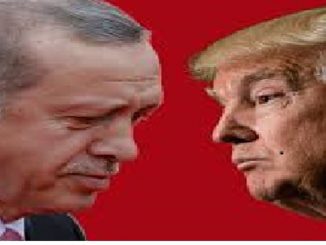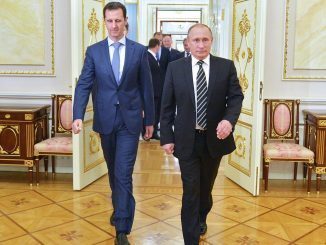
The current events in Iran show us clearly how the current Iranian regime managed to put its hands on every essential joint in the republic, and explains why the hardliners have always been against any change in policy and any close relations with the west.
The Iranian regime is driven only by its need to survive can be grasped if one understands its origins. The Tehran regime hijacked a popular revolution through force of arms. It is that fundamental illegitimacy which propels the regime to repression at home and expansion abroad.
These are the means of survival, and factional fighting is about how best to maintain the regime, not reform it. To truly reform is to lose power and to face the wrath of the population. The factions, and the personalities within them, are, in the words of a 1990 State Department cable, “interchangeable parts of a machine.”
To understand this dynamic is to understand that there is no prospect of moderation, and, thus, that the wider ambitions of the JCPOA were always a chimera.
Barack Obama, The former US leader, was behind the historic Iran nuclear deal with P5+1 powers, agreed upon last year, which saw Tehran agree to amend its nuclear output in order to lift all nuclear-related economic sanctions, freeing up tens of billions of dollars in oil revenue and frozen assets.
After lifting the sanctions, Iranian president Hassan Rouhani visited Europe and made deals that worth billions of dollars. European companies started looking for investment opportunities in the growing Iranian market.
The Iranian government also sought deals with western companies to develop and maintain its natural resources such as Oil and Gas. The last deal was signed on 8 November with the French company, Total, to further develop its part of the world’s largest gas field, avoiding the US sanctions by financing the deal with euros, to become the first western energy company to sign a major deal with Tehran since the lifting of international sanctions earlier this year.
However, the nuclear deal was divisive in Iran, with hardliners opposed to better relations with the West arguing that pragmatist President Hassan Rouhani was giving up too much of the country’s nuclear infrastructure for too little relief.
Hardliners believe it is offering overly generous terms to overseas energy companies that can exploit Iran’s natural resources.
The Iranian Revolutionary Guards and their conservative supporters remained always distrustful of the West, professing no need for foreign companies and emphasizing security and social conservatism over international engagement. They hew to what Supreme Leader Ali Khamenei calls a “resistance economy” of self-reliance.
During years of sanctions that kept away many foreign companies, the Islamic Revolutionary Guard Corps stepped into the void, building a network of companies that came to dominate Iranian industries from energy to telecommunications.
The Revolutionary Guards first secured an economic foothold after the Iran-Iraq war of the 1980s when Iran’s clerical rulers allowed them to invest in leading Iranian industries. Their economic influence grew after former guardsman Mahmoud Ahmadinejad was elected president in 2005.
Tehran could turn to the Guards for help with the economy if Western companies decide to stay away from Iran as a part of future sanctions, and their hands will be over everything. They will use this dominance as a tool to control the Iranian people with a stronger force and to finance their intervention in the region.



